Präpositionen / Prepositions
These are words like in, on, at, for, to, by, into, towards, through, under.
It is important to understand the concept of movement and that of a state or situation (sometimes indicated Sein (bin, bist etc)). Is something moving somewhere for example Er hängt das Bild and die Wand (akk) or is it already there Das Bild hängt and der Wand (Dativ)
| mit Akk | mit Dat | mit Gen | mit Dat / akk (Wechsel) Dativ: Wo oder ‘Wann / Where or when? Akkusativ: Wohin / where to? |
| Durch | Ab | Trotz | An |
| Ohne | Zu | Wärend | Auf |
| Gegen | Aus | Wegen | Hinter |
| Für | Nach | Außerhalb | Neben |
| Um | Mit | Innerhalb | Über |
| Bis | Bei | Jenseits | Zwischen |
| Von | In | ||
| Seit | Unter | ||
| Außer | Vor | ||
| Gegenüber |

Zu, nach, in oder ins??
Nach is used to indicate going to a geographic place or points of the compass. Is used to say you’re going to a country or a city, for example, Ich fahre nach Südafrika (I’m going to South Africa.) or Ich fahre nach Stuttgart (I’m going to Stuttgart.) It is always followed with the Dativ Kasus.
Nach doesn’t work with countries that have an article like Switzerland – wir fahren in die Schweiz. (We are going to Switzerland.)
Nach is also used when you refer to cardinal directions (North) or left and right, up and down.
Nach is rarely used with an article while zu are followed by articles
Nach can also mean after something for example nach der Schule – after school. The following verbs are used with nach: abreisen, fliegen, fahren, frage, gehen, reisen, suchen
In is used when you plan to end up INSIDE (into) a building for example die Oper or Das Kino – Ich gehe in der Opera (I am going to the opera) or Ich gehe ins Kino (I am going to the movies) .
In can be used with Akkusativ or Dativ, depending on whether there is movement or if it is a “state” / at a location.
You also use it to say you are going into something like into the mountains or into town, for example, die Berger or die Stadt (wir fahren in die Berge) or wir gehen in die Stadt – movement therefore Akkusativ.
Im is a contraction of “in dem” wich is in the Dativ case for example im Winter or im Prinzip. An example with Das Auto – Mein Schlüssel ist im Auto (in dem Auto)
Auf – On top of something. Akkusativ or Dativ, depending whether there is movement or if it is a “state”
An – At the side of something. Akkusativ or Dativ, depending on whether there is movement or if it is a “state”
Zu is used to say you are going to someone/somewhere. You are heading in a direction or going to a destination. It is exclusively used to say you are going to someone’s house or a company that is specified by just its name like McDonalds. Examples Ich hehe zu Marianne or ich gehe zu McDonalds. Zu always takes the Dativ case even when there is movement involved.
In most cases, you can substitute in/auf/an with zu. Here are some examples:
- Ich gehe ins Fitnessstudio/ Ich gehe zum Fitnessstudio
- Ich gehe an den Strand / Ich gehe zum Strand
Related content

German Spelling Alphabet
To help spell a word, you can usually use the NATO Phonetic Alphabet. In Germany unfortunately they use a different set of words. A is Anton
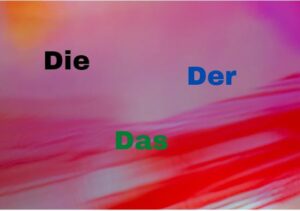
Gender
It would be best if you learned the gender of each new word (Noun) you learn in German. This is not always easy to do and
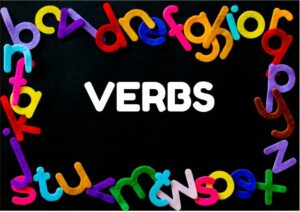
Verbs
Verbs are actions or a state of being. An example of an Action is, I eat. An example of a state is, I am hungry or
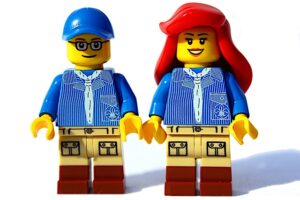
Pronouns
Pronouns are words that take the place of a noun. Words like I, me, she, you, it, herself. Additionally, you get Relative and possessive pronounsRelative pronouns:
Adjektivendungen
Adjectives are descriptive words like young, old, beautiful etc. In German, adjectives change their endings depending on whether the person or thing you are referring to
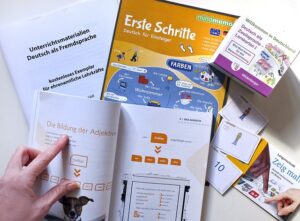
Artikel – Bestimmt und Unbestimmt
An article is basically an adjective. Like adjectives, articles modify nouns. In English, there are two articles: the and a/an. The is used to refer to

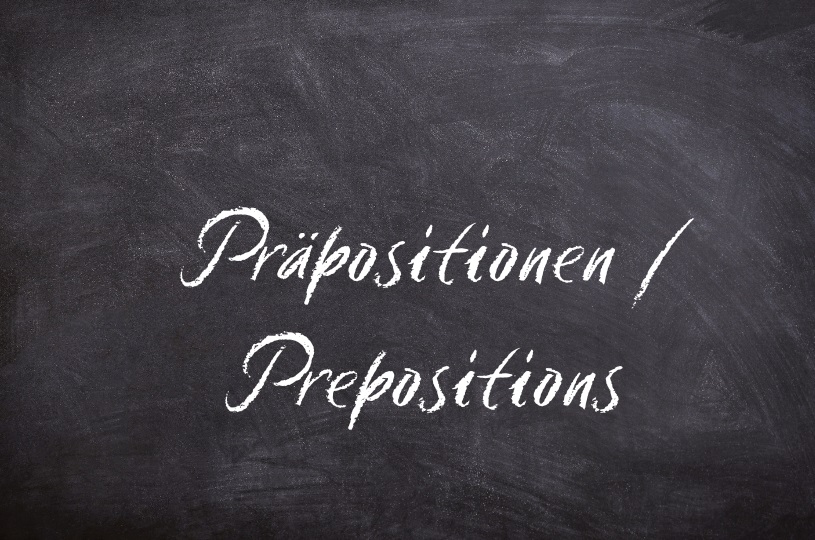

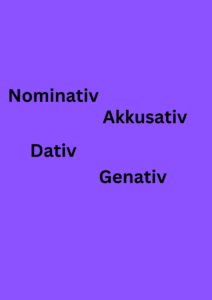
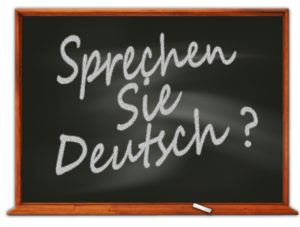
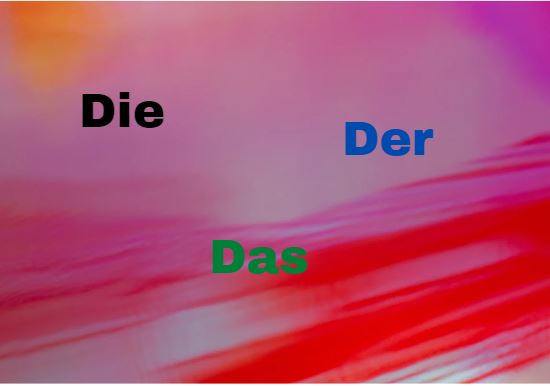
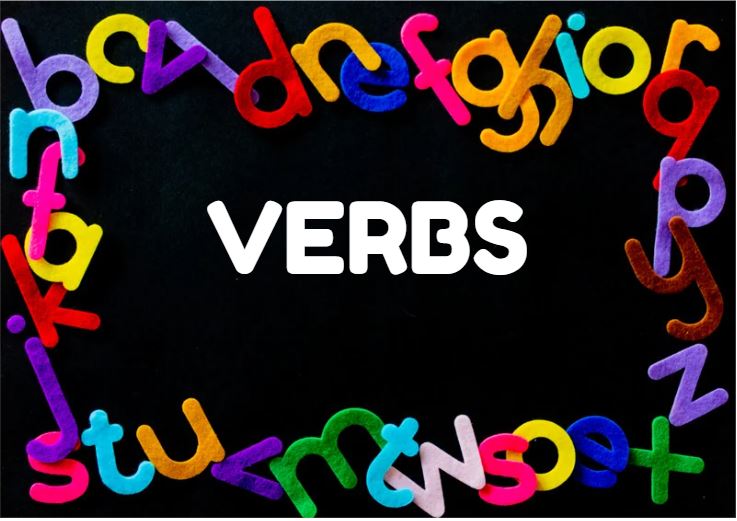
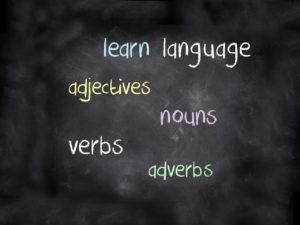
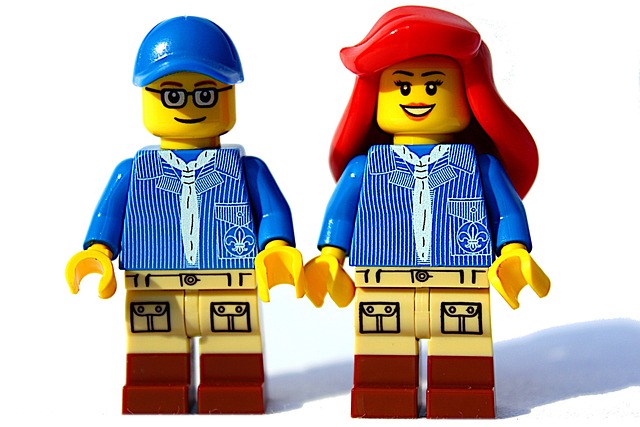

You must be logged in to post a comment.